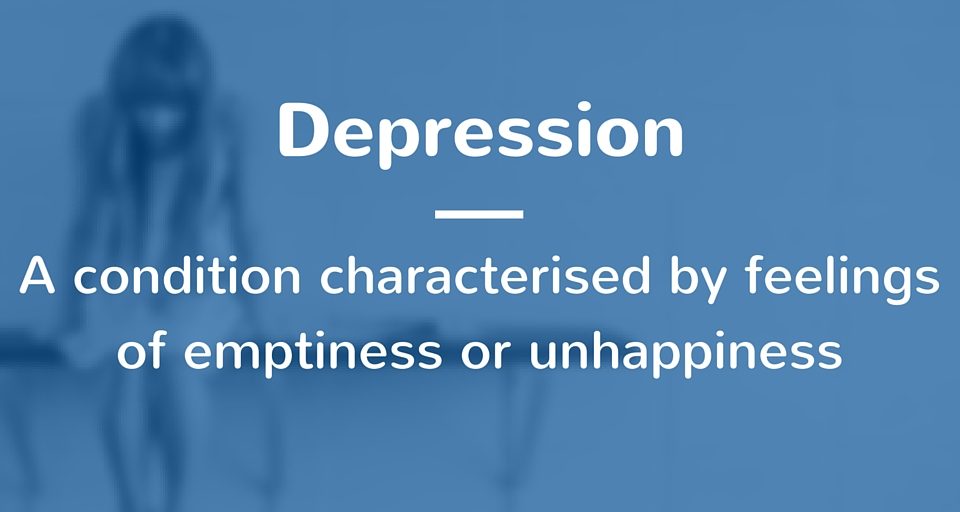Unless instructed by a doctor, most people don’t need additional vitamin intake. However, there are a few exceptions.
Pregnant women
Pregnant and breastfeeding women need more vitamin B6 and B12, as well as folic acid, to prevent vitamin deficiencies that could harm a developing fetus. Folic acid can help reduce the risk of a number of birth defects, such as spina bifida, and can also prevent low birth weight. It’s best to take folic acid daily for at least a year before your planned pregnancy.
Dietary restrictions
Strict vegetarians may need additional vitamin B12. You can also try adding foods, such as bread, that are fortified with the vitamin.
If you follow a vegan diet and don’t consume dairy, eggs, fish, or meat, you may be at risk for vitamin A deficiency. Eating plenty of dark-colored fruits and vegetables can help prevent vitamin A deficiency. It’s important to make sure you get enough zinc, as well.
Aging
Older women and people who avoid sunlight may need to take a vitamin D supplement. Vitamin D can be harmful in large amounts, so be sure not to exceed the recommended daily amount unless instructed by a doctor. Talk to your doctor about your vitamin D blood levels. Vitamin D helps the immune system fight diseases like cancer, cardiovascular disease, diabetes, arthritis, and other autoimmune diseases.
Older adults may also be deficient in B vitamins, which play an important role in digestion and metabolism function.
Nutrient deficiencies
Nutrient deficiencies
It’s important to get enough nutrients on a regular basis, or you could experience a nutrient deficiency. These deficiencies can affect your health, and you may experience noticeable symptoms and side effects. Fatigue and headaches are two of the most common side effects of nutritional deficiencies.
Some side effects and symptoms can indicate specific nutrient deficiencies:
- Tingling or numbness in the hands or feet can indicate a vitamin B deficiency.
- Muscle cramps can indicate deficiencies of magnesium, calcium, or potassium.
- Fatigue, weakness, and muscle aches can indicate a vitamin D deficiency.
- Memory loss can be a sign of a vitamin B12 deficiency.
- Mouth ulcers, fatigue, or gray hair can indicate a folate deficiency.
- Poor night vision bumps on the back of the arms, or dandruff can all indicate a vitamin A deficiency.
If you experience the following symptoms, make an appointment with your doctor:
- fatigue
- weakness
- muscle spasms or tingling
- dizziness
- headaches
They can run a simple blood test to check your nutrient levels and make sure nothing else is causing your symptoms.
Foods first
Food sources should come first
Although the use of multivitamins is still quite popular, recent research has shown that they don’t necessarily prevent certain chronic illnesses. They also won’t reduce your risk for other health issues. According to the American Society for Nutrition, multivitamin supplements are largely unregulated. The claims being made by multivitamin companies exaggerate the actual data on their effectiveness.
It’s partially because of this that many nutritionists recommend getting as many vitamins as possible through foods instead of vitamin supplements. According to the American Heart Association (AHA), foods provide a wider variety of vitamins and other benefits, such as dietary fiber, than supplements do.
Getting all of the essential vitamins your body needs will help you look and feel your best. Getting the recommended daily amounts of each vitamin isn’t just easy, it’s tasty, too.





